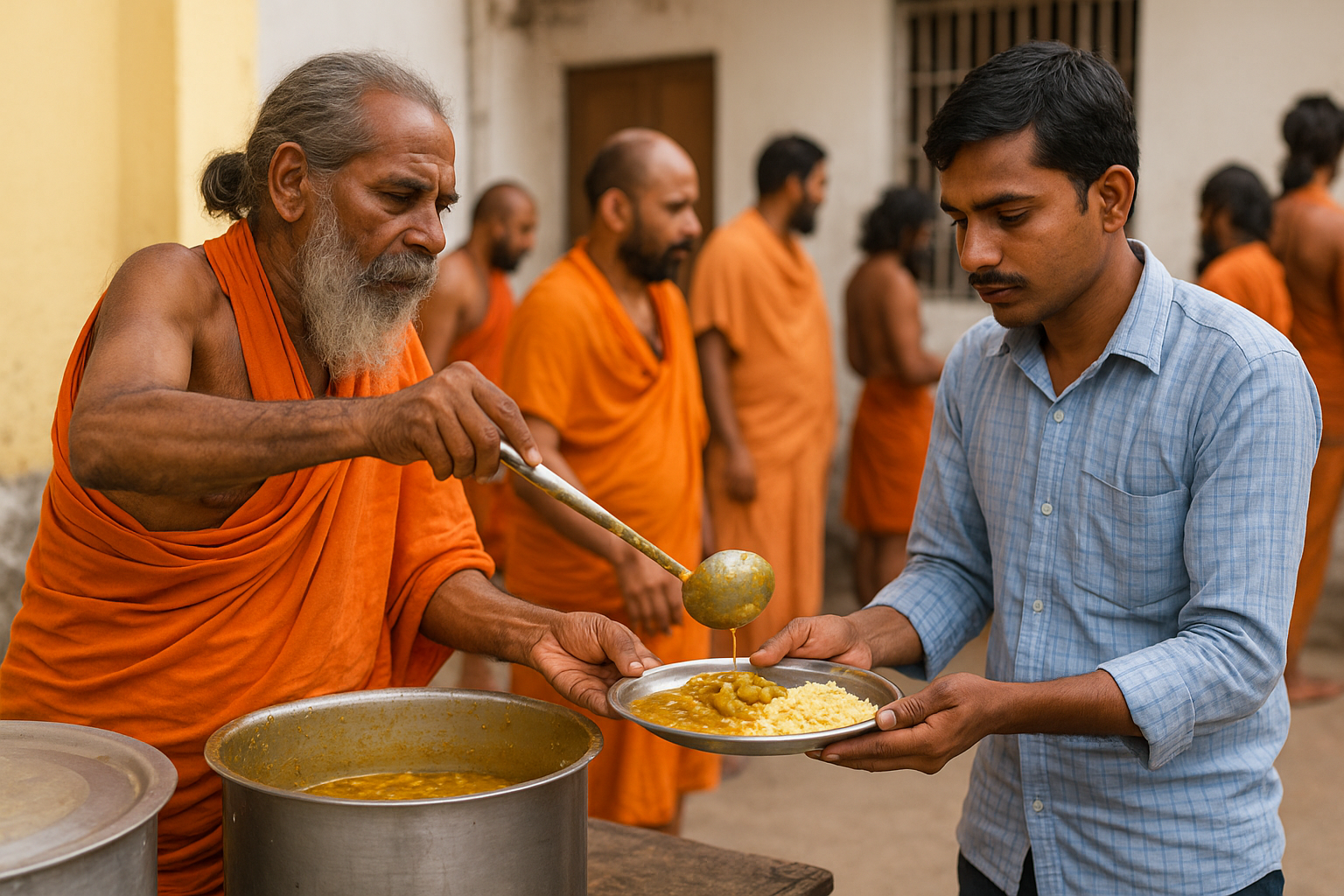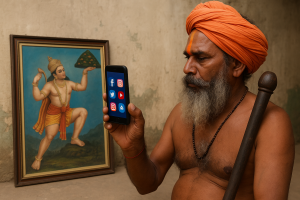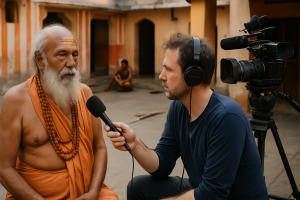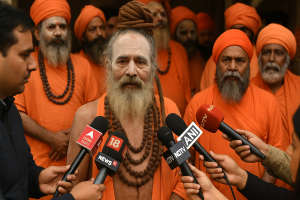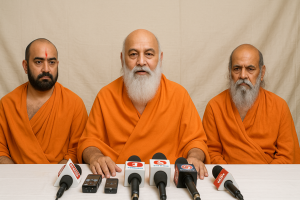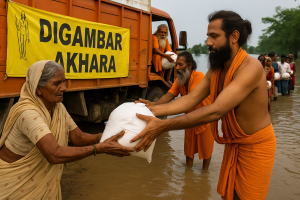Annadan: Nourishing Bodies and Souls through Digambar Akhara’s Sacred Food Donation Programs
In the rich spiritual tradition of Sanatan Dharma, Annadan—the donation of food—is considered the highest form of charity. It is said in the scriptures, “Anna daanam param daanam”—food donation is the supreme gift. At Digambar Akhara, this noble act is not just an occasional event but a continuous tradition of compassion, seva (selfless service), and dharmic duty.
The saints and seers of the Akhara have long emphasized that to serve food to the hungry is to serve the Divine itself. Through its structured Annadan programs, Digambar Akhara feeds thousands of devotees, pilgrims, and the underprivileged with love, respect, and spiritual intention.
A Tradition Rooted in Dharma
From the times of the ancient rishis to the present-day Mahamandaleshwars, feeding the hungry has been an integral part of monastic and ashram life. The Akhara’s Annadan initiatives are grounded in the belief that providing nourishment is a sacred act of preserving life and promoting harmony.
Meals are prepared with purity, devotion, and sattvic (wholesome) ingredients, often accompanied by Vedic chants and rituals before serving.
Daily and Festival-Based Annadan
Digambar Akhara conducts Annadan in multiple ways:
- Daily community meals (Bhandara): Open to all, regardless of caste, creed, or background, these meals are served fresh at Akhara kitchens or associated ashrams.
- Special Annadan during festivals: Grand Bhandaras are held on sacred days such as Guru Purnima, Mahashivratri, Kumbh Mela, and Akhara Foundation Day.
- Emergency relief feeding: In times of crisis—be it natural disasters or pandemics—the Akhara swiftly organizes mass food distribution drives to serve affected communities.
Every meal served is an offering to society and a step toward reducing hunger, building unity, and practicing dharma in action.
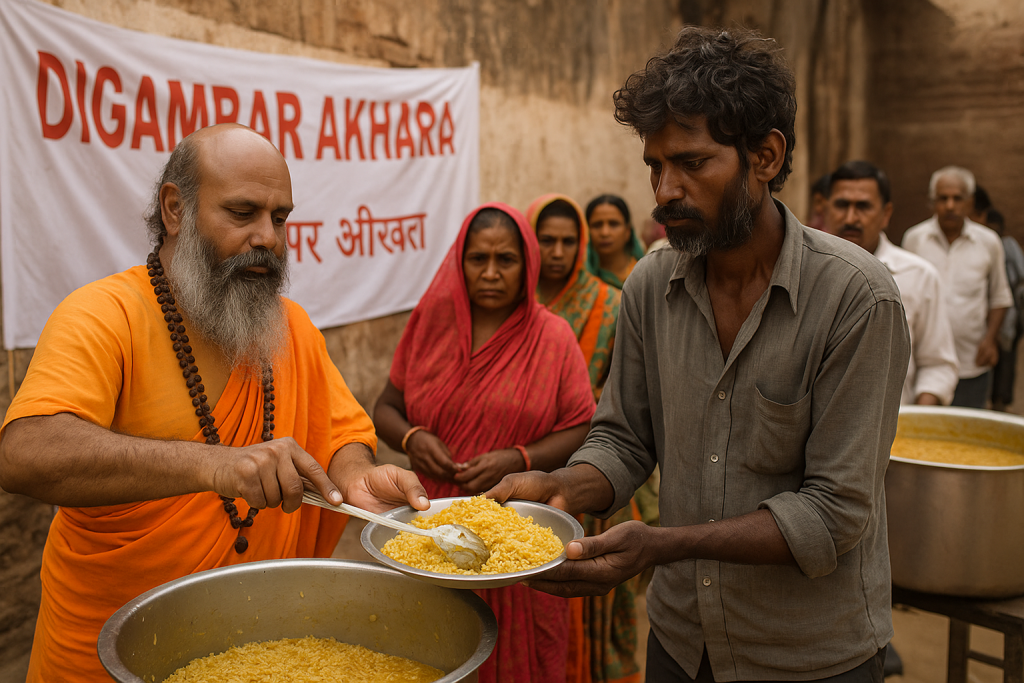
Volunteer and Devotee Participation
Annadan at Digambar Akhara is not a one-sided charity—it is a collaborative effort of saints, devotees, and volunteers. Many devotees sponsor meals on auspicious occasions such as birthdays, anniversaries, or in memory of loved ones.
Volunteers help in every aspect—vegetable cutting, cooking, cleaning, serving, and even distributing food outside the Akhara premises to slums, railway stations, and rural communities.
Sustainability and Purity
The Akhara emphasizes eco-conscious and hygienic practices:
- Use of organic grains and vegetables, often sourced from local farms.
- Ban on plastic, with food served on eco-friendly plates like banana leaves or steel utensils.
- Minimal wastage through planned cooking and distribution.
This ensures that the Annadan programs remain aligned with both spiritual purity and environmental responsibility.
Conclusion
In a world facing growing inequality and spiritual disconnect, Digambar Akhara’s Annadan programs remind us that true spirituality lies in service. By feeding the hungry with devotion and dignity, the Akhara continues a timeless Vedic tradition—one plate of food at a time, one soul at a time.

